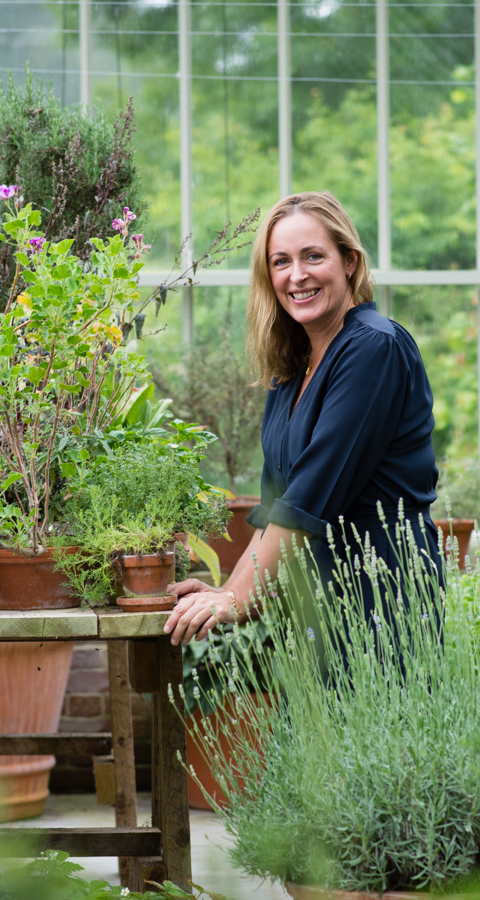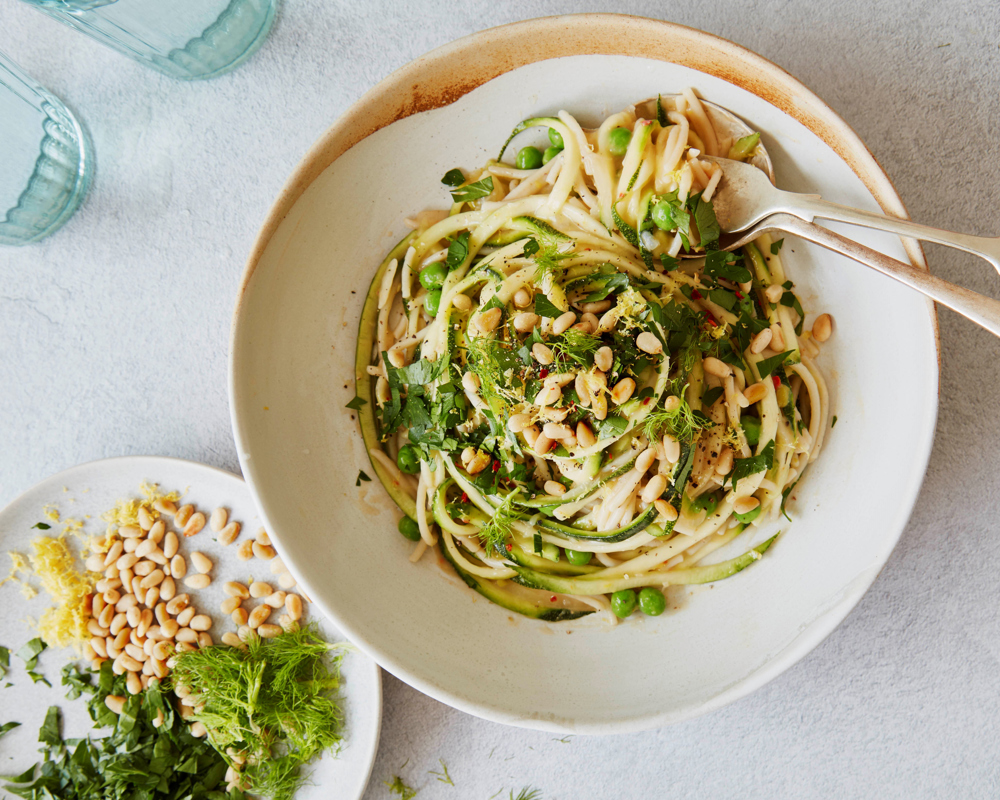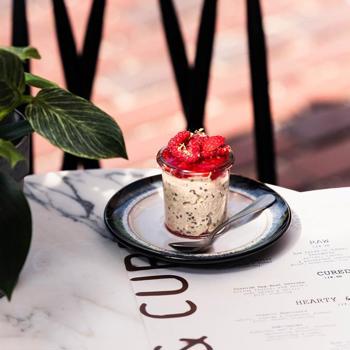
World Water Day with Lime Wood and Belu
To celebrate World Water Day on the 22nd March and our work with our long-standing partners Belu we thought we would take you on a journey through Lime Wood to see how we support the fantastic work Belu do.

When it comes to eating healthy and leading a fitter lifestyle many of us feel we must make drastic changes in order to achieve this. However, this is not the case and not always very realistic! Sometimes it is the smaller things that can make a difference and it is certainly more achievable. So, don’t feel guilty if you haven’t had a complete lifestyle change, it is the small changes every day that can help, Amelia gives us her tips on small ways to help.
However persuasively sold to us, it simply isn’t true that we need to radically change everything about our lifestyle and somehow becomes a new, ‘better’ person to be healthy. You would certainly be forgiven for thinking that was the case, given the plethora of advice, books, programmes and media noise surrounding health and wellbeing. Yet so often, grand gestures of renewal end up with a dejected retreat back into our old ways and we enter that familiar cycle of feeling like we have somehow ‘failed’ at the diet or regime we had so positively set out to maintain. Then the shame, guilt and need for comfort can creep back in and we find ourselves right back where we started.
So firstly, I would like to offer a collective wave of compassion to anyone and everyone who has ever been in this position. It’s tough, it’s confusing and I want you to know that you are most definitely not alone. Secondly, I would like to make a plea that this dichotomy we’ve inadvertently created, between being ‘good’ and ‘bad’, on-a-diet or off-a-diet, being entirely healthy or being wholly indulgent, is unrealistic and certainly unsustainable for the long run. We exist in shades of grey – where some parts of our days, myself included, are inevitably slightly healthier than others. Some whole days are more balanced, with more movement, more vegetables, and more sleep. Others are a rollercoaster of stress, eating-on-the-go and late nights. That is real life, and I would suggest that no restrictive or rules-based lifestyle will ever really be able to flex enough to meet all of these inevitable challenges.
There are, however, certain aspects of healthy living that are important not only to our current sense of energy and wellbeing, but also to our longer-term health. Whilst in the broadest terms, many of these factors are important for all of us (not smoking, restorative sleep, connection to others, a nourishing diet, stress reduction etc.), the combination, nuances and degree to which we need to be consistent, will vary between us and over time. We don’t need to do it all, and especially not in one go.


Instead, I am an advocate of taking mini-steps. And if those mini-steps are too big, then make them micro ones instead. You want to feel like it is laughably easy to instigate the change you’re proposing. And even with my (pretty full-on) support, I would never ask a client to make more than 3 small changes at a time. If you’re doing it without professional input, I suggest that just 1-2 changes are enough. We are all busy, with numerous other things taking up our time and headspace.
But don’t be lulled into thinking that these little shifts are not important. My colleague, Rozzie, talks about the power of ‘1-degree course corrections’. If you set a ship just 1 degree off-course, it will end up in a completely different city by the time it crosses an ocean. The same principle applies to our wellbeing: shifting behaviour just 1 degree, maintained over the course of decades, can lead us into a completely different health space than if we’d stayed on the same bearing. One extra serving of vegetables per day adds up to 3650 more portions over a decade (and that’s a lot of fibre, phytonutrients, vitamins and minerals). Just 30 minutes extra activity per week is 520 hours more heart-healthy movement over 20 years. Micro changes do add up. The fable of the hare and the tortoise come to mind here – big changes that burn out over weeks will ultimately be overtaken by incremental achievable changes that we just keep plugging away at.
I guess this could also be expressed as an equation, for those who are mathematically minded, that would look something like this:
Size of lifestyle shift x length of time change is maintained = degree of potential benefit
So, remember, you don’t have to do it all to be healthy. You just need to do enough, on a relatively consistent basis, to feel well.

For more of Amelia’s articles and tips, find them here.

To celebrate World Water Day on the 22nd March and our work with our long-standing partners Belu we thought we would take you on a journey through Lime Wood to see how we support the fantastic work Belu do.
![Nfdc NFDC 2008 0023[1]](/media/r02ebkbt/nfdc_nfdc_2008_0023-1.jpg?width=350&height=350&rnd=133516192015130000)
Embark on a journey from the frosty whispers of winter to the warm embrace of spring at Lime Wood. The New Forest beckons, and as the days grow longer, we eagerly anticipate the magic that unfolds with the changing season.

Gut health is a hot topic and something many of us want to improve, however, it can be a challenge to know where to start. With a degree in Nutrition and a passion for eating healthily to positively impact your overall well-being, our Raw & Cured manager Ria shares her five simple tips to help support good digestive health.